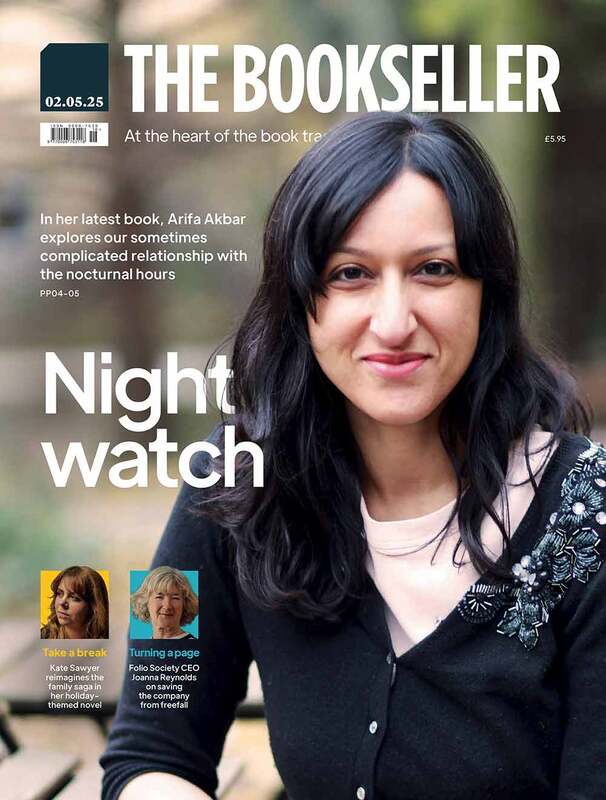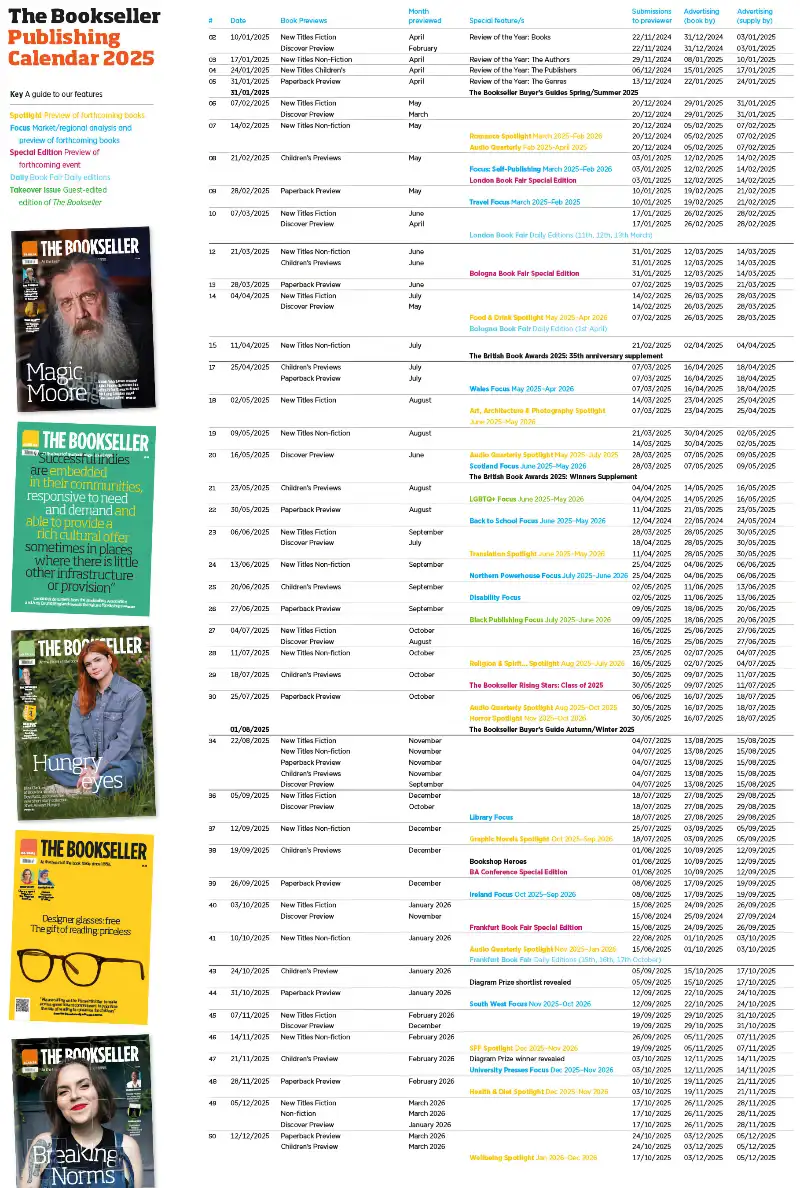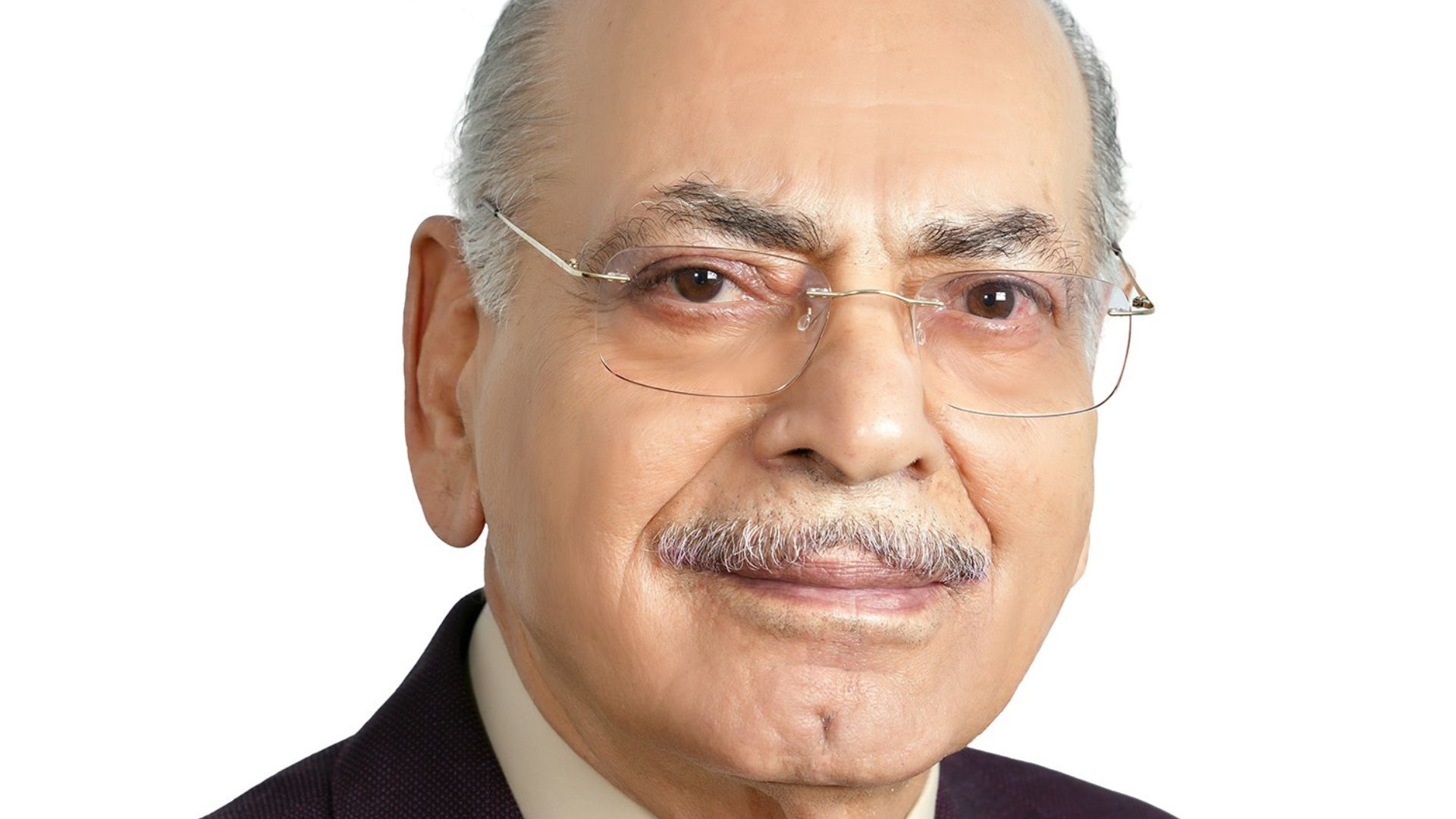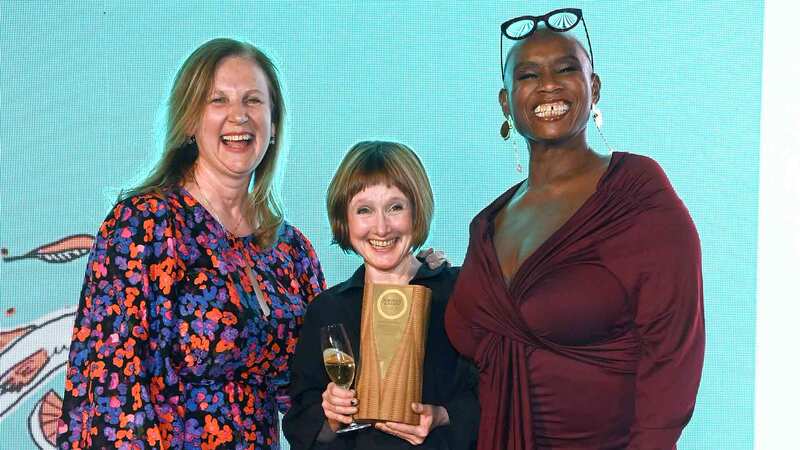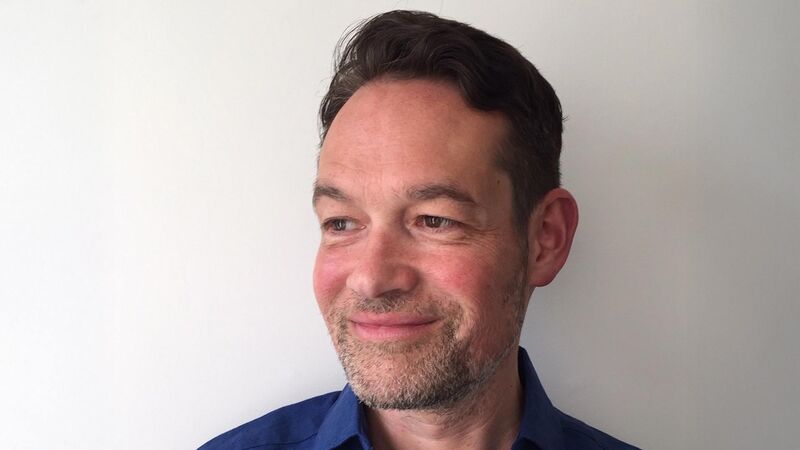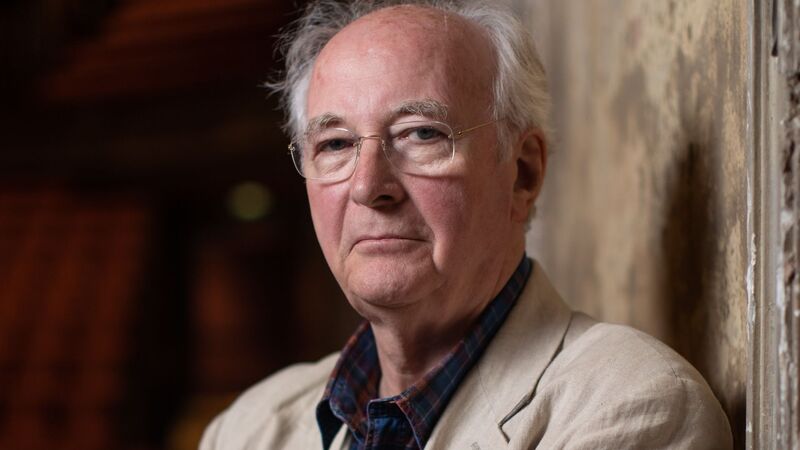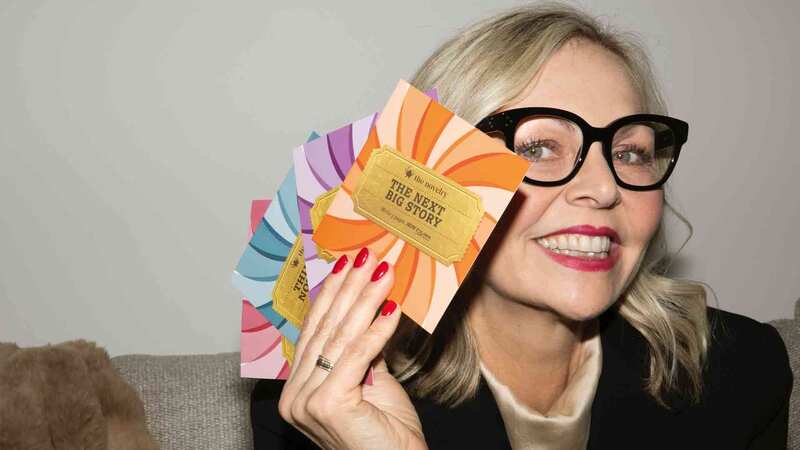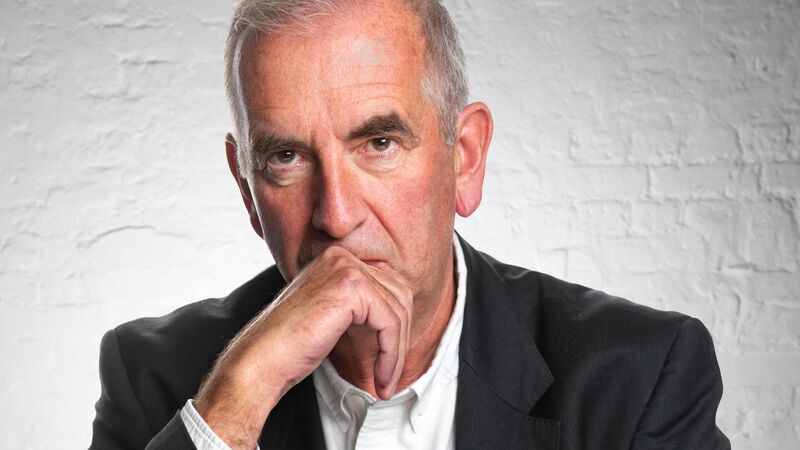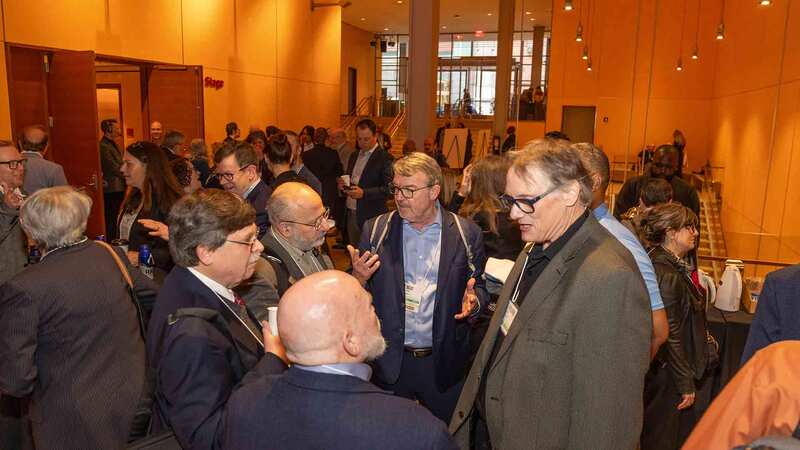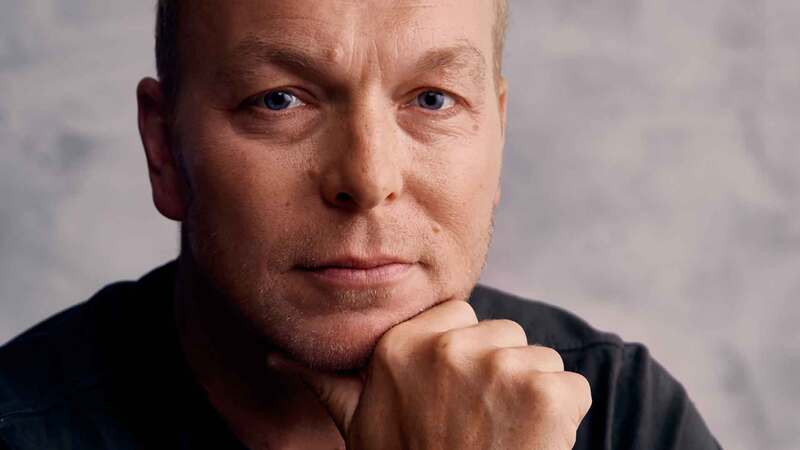You are viewing your 1 free article this month. Login to read more articles.
Shortlists unveiled for Sheikh Zayed Book Award after record-breaking number of entries
The shortlists have been unveiled for the 17th annual Sheikh Zayed Book Award, which has received a record-breaking 3,151 submissions from 60 countries, up from 3,000 entries from 55 countries last year.
The award is dedicated to Arab literature and culture, with winners receiving 750,000 UAE dirhams (£155,000) each while the Cultural Personality will receive AED 1m (£206,500). The winners announcement in April will be followed by an awards ceremony at the the Abu Dhabi International Book Fair in May 2023. Shortlisted titles in the children’s books and literature categories will also be entitled for translation funding through the Award’s Translation Grant.
The 2023 shortlist for Literature features authors including Lebanese novelist and journalist Alawiya Sobh, shortlisted for the second time – this time with her novel Rejoice, O My Heart, telling the story of a young musician who travels to New York to escape a family tragedy and finds love; Egyptian author Reem Bassiouney, shortlisted for her historical novel Al-Qata’i’ – The Ibn Tulun Trilogy; and Iraqi Poet, literary critic and academic Ali Ja’far al-Allaq, shortlisted for his intimate and autobiographical poetic work "Whereto O Poem?" An Autobiography.
The Young Author shortlist comprises three works of fiction: Over the Republic Bridge by Iraqi author Shahad al Rawi; Dirt and Stars by Egyptian writer Ahmed Loft and Algerian novelist Said Khatibi’s The End of the Desert.
In the Arab Culture in Other Languages shortlist mediaeval Arab history is highlighted, featuring The Rise of the Arabic Book by German author and academic Beatrice Gründler, which tells the little-known story of the vibrant and sophisticated Arabic book culture that flourished in the Middle Ages and the works of French historians Gabriel Martinez Gros and Mathieu Tillier on the Islamic world in the Middle Ages. Other topics explored include the expulsion of the Moriscos from Spain in the early 17th century by Spanish author José Pascual Martínez, and the history of postwar psychoanalysis in Egypt by Egyptian historian Omnia El Shakry.
The Translation prize category, which annually welcomes translations to or from Arabic, this year recognises the translations into Arabic of three North African scholars: Tunisian translator Chokri Al Saadi for his translation of American linguistic philosopher John Searle’s text Expression and Meaning: Studies in the Theory of Speech Acts, which refined his influential theory of speech acts; Moroccan academic Dr Lhoussine Banouhachim for his translation of Chaim Perelman which concerns the history of rhetoric as a theory of argumentation; and Tunisian Abdelaziz Chebil for his translation of a book of essays by French psychoanalyst Michel Schneider.
In the Publishing and Technology shortlist are: French publisher Editions Sindbad/Actes Sud, specialising in the translation of contemporary Arab literature; independent Egyptian publisher ElAin Publishing, acclaimed for their range of literary, academic and non-fiction titles from all over the Arab world; and the Institute of Arabic Manuscripts in Cairo, Egypt, which has assembled an extensive catalogue of Arabic manuscripts since its foundation in 1946.
This year’s Literary and Arts Criticism shortlist encompasses literature, cinema and music. Moroccan author Mohamed Nouraldin Affaya’s shortlisted philosophical work Images of Existence in Cinema and Philosophy looks at the ways in which philosophy engages with cinematic works. Women Views: Studies on Arab Women Self Writings by Tunisian critic Dr Jalila Al Tritar explores the ways in which women have expressed themselves through literature in the Arab world. Finally, musician and academic Dr Fakher Hakima’s shortlisted critical work Contemporary Arab Music Compositions: Between Maqamat and Tonality engages with contemporary methods of composition and performance.
Dr Ali bin Tamim, secretary-general of SZBA and chairman of Abu Dhabi Arabic Language Centre, said: “Each year I am fascinated by the diversity of submissions from around the world and this year’s shortlists represent a compelling range of thought-provoking works across academic, fiction and nonfiction publishing, as well as scholarly research.
“We were particularly delighted to receive so many submissions in the Young Author category, which I think anticipates a bright future for Arab publishing, and I am pleased to see a rigorous and modern engagement with Arab history and heritage across many of the prize categories. It is an honour to recognise the talent and scholarship of Arab and international authors, bringing their work to a wider audience.”
The 17th edition shortlists are:
Literature
- Al-Qata’i: Thoulatheyat Ibn Tulun (Al-Qata’i’ – The Ibn Tulun Trilogy) by Reem Bassiouney (Egypt), published by Nahdet Misr Publishing House in 2022
- Ila Ayn Ayyathouha Al Kaseedah (“Whereto, O Poem?” An Autobiography) by Ali Ja’far al-Allaq (Iraq), published by Alan Publishers and Distributors in 2022
- frah ya Qulbi (Rejoice, O My Heart) by Alawiya Sobh (Lebanon), published by Dar Al-Adab for Publication and Distribution in 2022
Young Author
- Fawka Jisr Al Joumhoureyah (Over the Republic Bridge) by Shahad Al-Rawi (Iraq), published by Dar Alhikma for Publishing and Distribution in 2020
- Al Wahl wa Al Noujoom (Dirt and Stars) by Ahmed Lotfi (Egypt), issued by Aseer AlKotb in 2022
- Nehayat Al Sahra’a (The End of the Desert) by Said Khatibi (Algeria), published by Hachette Antoine / Nofal in 2022
Literary and Arts Criticism
- Mara’i an-Nisaa’: Dirasat fi Kitabat al-That an-Nisaa’iya al-Aarabiya (Women Views: Studies on Arab Women Self Writings) by Dr. Jalila Al Tritar (Tunisia), published by La Maison Tunisienne Du Livre in 2021
- Suwar al-Wujood fi al-Cinema wa-al-Falsafa (Images of Existence in Cinema and Philosophy) by Mohamed Nouraldin Affaya (Morocco), published by Le Centre Culturel du Livre in 2022
- Al-Mu’allafat al-Musiqiya al-Aarabiya al-Rahina: Bayn al-Maqamiya wa-al-Tonaliya (Contemporary Arab Music Compositions: Between Maqamat and Tonality) by Dr. Fakher Hakima (Tunisia), published by the Centre for Arab and Mediterranean Music and Sotumedias Publishing and Distribution in 2021
Translation
- Sarraq al-Kalimat: Bahth fi al-Intihal wa-Eilm at-Tahleel al-Nafsani wal-Fikr (Voleurs De Mots: Essai Sur Le Plagiat, La Psychanalyse et La Pensée) authored by Michel Schneider, translated from French to Arabic by Abdelaziz Chebil (Tunisia), published by Dar Zayneb Publishing in 2022
- Al-Imbratoriya al-Khatabiya: Sinaat al-Khutaba wal-Hajaj (L’Empire Rhétorique: Rhétorique et Argumentation) authored by Chaim Perelman, translated from French to Arabic by Dr. Lhoussine Banouhachim (Morocco), published by Dar Alkitab Aljadeed in 2022
- Al-Ibara wa-al-Mi’na: Dirasat fi Nathariyat al-A’amal al-Lughawiya (Expression and Meaning: Studies in the Theory of Speech Acts) authored by John R. Searle, translated from English to Arabic by Chokri Al Saadi (Tunisia), published by the Ministry of Cultural Affairs – Tunisian Institute for Translation in 2021
Arab Culture in Other Languages
- The Rise of the Arabic Book by Beatrice Gründler (Germany), published in English by Harvard University Press in 2020
- The Arabic Freud: Psychoanalysis and Islam in Modern Egypt by Omnia El Shakry (Egypt), published in English by Princeton University Press in 2017
- De l’autre côté des croisades: L’Islam entre croisés et Mongols (On the Other Side of the Crusades: Islam between Crusaders and Mongols) by Gabriel Martinez Gros (France), published in French by Passés Composés in 2021
- L’invention du cadi. La justice des musulmans, des juifs et des chrétiens aux premiers siècles de l’islam (The Invention of the Qadi: The Justice of Muslims, Jews and Christians in the First Centuries of Islam) by Mathieu Tillier (France), published in French by Éditions de la Sorbonne in 2017
- Los moriscos antiguos murcianos: Expulsión, vuelta y permanencia (1609-1634) (The ancient Moriscos of Murcia: Expulsion, Return and Permanence) by José Pascual Martínez (Spain), published in Spanish by Publicacions de la Universitat de Valencia in 2022
Publishing and Technology
- Editions Sindbad / Actes Sud (France)
- ElAin Publishing (Egypt)
- The Institute of Arabic Manuscripts (Egypt)

